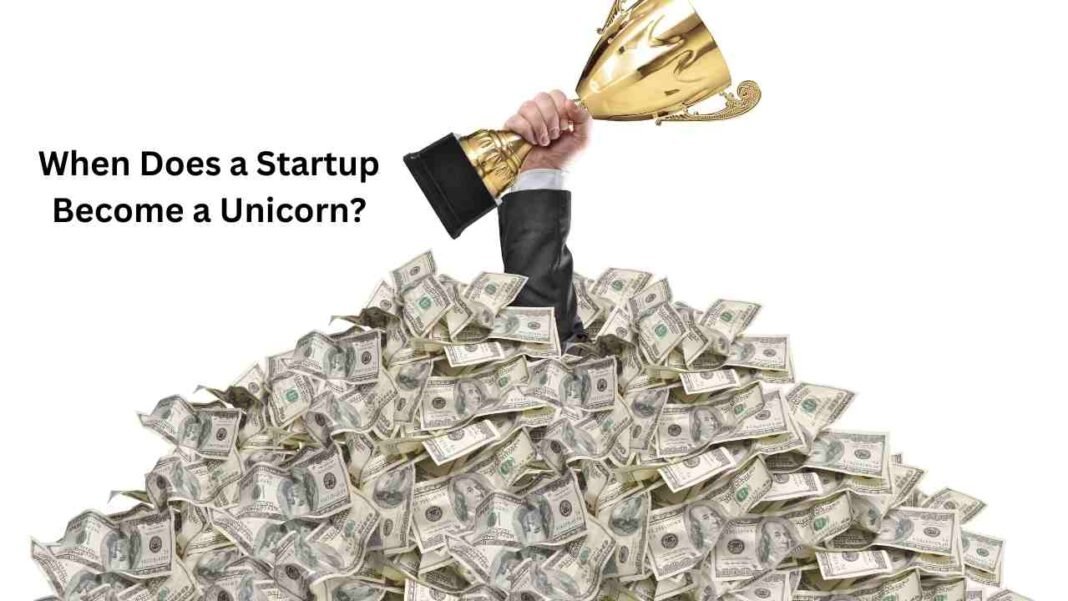- Introduction:
- FAQs: When Does a Startup Become a Unicorn?
- 1. What is a Unicorn in the Startup World?
- 2. How Does a Startup Become a Unicorn?
- 3. How Long Does It Take for a Startup to Become a Unicorn?
- 4. What Are the Key Factors that Help Startups Achieve Unicorn Status?
- 5. What Are the Risks Associated with Unicorn Startups?
- 6. Are There Different Types of Unicorns?
- Trends in Unicorn Startups (2024)
- Conclusion:
Introduction:
In the world of startups, the term “unicorn” is synonymous with success, representing companies that reach a billion-dollar valuation. But what does it take to get there? This article answers the most frequently asked questions about unicorns and explores the latest trends in the startup ecosystem.
FAQs: When Does a Startup Become a Unicorn?

1. What is a Unicorn in the Startup World?
A unicorn is a privately held startup that reaches a valuation of $1 billion or more. The term was coined in 2013 by venture capitalist Aileen Lee, referring to the rarity of such companies.
2. How Does a Startup Become a Unicorn?
A startup typically becomes a unicorn by securing large-scale investment from venture capitalists, achieving rapid growth, and dominating its market. Factors like innovation, scalability, and customer demand play crucial roles in this journey.
3. How Long Does It Take for a Startup to Become a Unicorn?
On average, it takes around 7-10 years for a startup to reach unicorn status. However, with advancements in technology and increased investor interest, some companies have achieved this milestone within 3-5 years.
4. What Are the Key Factors that Help Startups Achieve Unicorn Status?
- Innovative Products/Services: Startups that offer groundbreaking solutions or new technologies are more likely to capture investors’ attention.
- Scalability: The ability to scale quickly without a corresponding increase in costs is a hallmark of unicorns.
- Strong Leadership: Visionary leaders who can execute their strategy effectively play a crucial role.
- Market Demand: Addressing a significant market need or pain point can drive a startup’s growth to unicorn levels.
5. What Are the Risks Associated with Unicorn Startups?
While the journey to unicorn status is exciting, it comes with risks such as overvaluation, reliance on venture capital funding, and market volatility. Many startups fail to sustain their unicorn status due to financial instability or lack of profitability.
6. Are There Different Types of Unicorns?
Yes, unicorns can be classified based on their growth model. For instance:
- Decacorns: Companies valued at over $10 billion.
- Hectocorns: Companies with valuations exceeding $100 billion, like Google and Facebook.
Trends in Unicorn Startups (2024)
- AI-Powered Unicorns
AI startups are on the rise, leveraging machine learning, automation, and data analytics to solve complex business problems. Companies like OpenAI and UiPath have reached unicorn status due to the demand for AI-driven solutions. - Sustainability-Focused Startups
There’s a growing trend of unicorns in the sustainability and green tech sectors. Startups focused on renewable energy, electric vehicles, and environmental sustainability are attracting large investments. - Fintech Boom
Fintech remains a dominant industry, with startups offering innovative financial services like cryptocurrency trading platforms, payment gateways, and digital banking solutions leading the charge. - HealthTech Unicorns
Healthcare technology, especially telemedicine and biotech, has seen rapid growth post-pandemic, with startups revolutionizing healthcare delivery, diagnostics, and pharmaceuticals. - Global Expansion of Unicorns
While Silicon Valley used to be the primary breeding ground for unicorns, global regions such as China, India, and Southeast Asia are now producing unicorns at a record pace.
Conclusion:
Becoming a unicorn is the dream of many startups, but it’s a journey that requires innovation, determination, and the right market conditions. By understanding the trends and factors involved, startups can better position themselves for unicorn status in the evolving business landscape of 2024.
Read More – How Startup Valuation is Calculated
